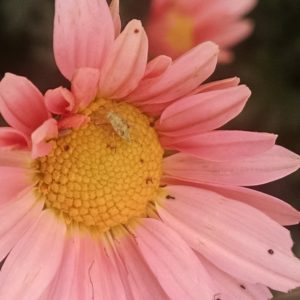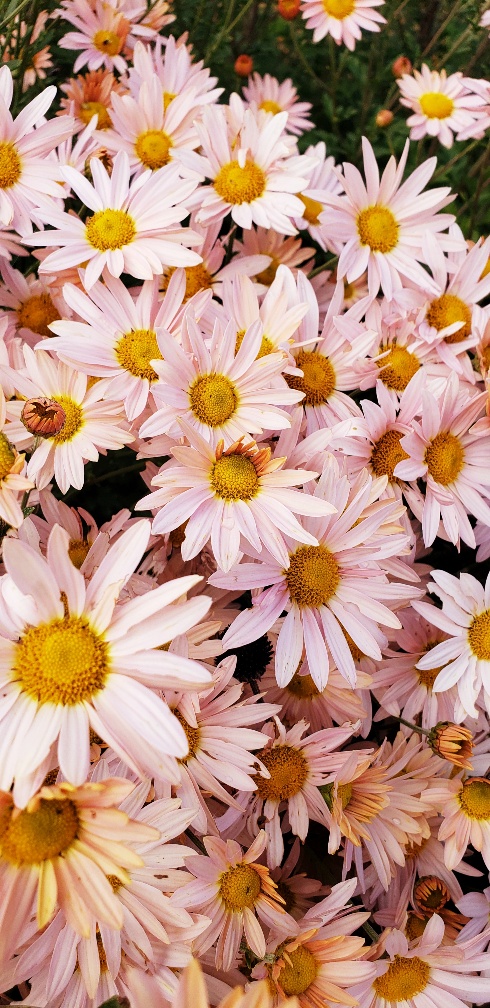Chrysanthemum
go.ncsu.edu/readext?545365
en Español / em Português
El inglés es el idioma de control de esta página. En la medida en que haya algún conflicto entre la traducción al inglés y la traducción, el inglés prevalece.
Al hacer clic en el enlace de traducción se activa un servicio de traducción gratuito para convertir la página al español. Al igual que con cualquier traducción por Internet, la conversión no es sensible al contexto y puede que no traduzca el texto en su significado original. NC State Extension no garantiza la exactitud del texto traducido. Por favor, tenga en cuenta que algunas aplicaciones y/o servicios pueden no funcionar como se espera cuando se traducen.
Português
Inglês é o idioma de controle desta página. Na medida que haja algum conflito entre o texto original em Inglês e a tradução, o Inglês prevalece.
Ao clicar no link de tradução, um serviço gratuito de tradução será ativado para converter a página para o Português. Como em qualquer tradução pela internet, a conversão não é sensivel ao contexto e pode não ocorrer a tradução para o significado orginal. O serviço de Extensão da Carolina do Norte (NC State Extension) não garante a exatidão do texto traduzido. Por favor, observe que algumas funções ou serviços podem não funcionar como esperado após a tradução.
English
English is the controlling language of this page. To the extent there is any conflict between the English text and the translation, English controls.
Clicking on the translation link activates a free translation service to convert the page to Spanish. As with any Internet translation, the conversion is not context-sensitive and may not translate the text to its original meaning. NC State Extension does not guarantee the accuracy of the translated text. Please note that some applications and/or services may not function as expected when translated.
Collapse ▲Scientific Name:
Chrysanthemum ‘Sheffield’
Common Name(s):
Chrysanthemum, decorative garden mum
Categories:
Herbaceous perennial
Comment:
Chrysanthemums may be cut back up to three times in the spring and summer to prevent early blooms, facilitate bushy dense foliage and produce many blooms in the fall. Winter hardiness will vary from year to year and many mums are grown as annuals. Mulching in winter will help the plant to survive.
Height:
1-3 feet
Flowering Period:
Late Summer to frost
Flower Color:
Pink, white
Usage:

Chrysanthemum ‘Sheffield’
Photo Credit Tracie Bowers
Cut flowers, mass groupings, edging, containers
Hardiness:
USDA Hardiness zone 5-9
Propagation:
Division in Spring
Exposure:
Full sun. Will tolerate very light shade. Mums appreciate afternoon protection from the hot sun in southern climates
Soil:
Best grown in humusy, fertile consistently moist well-drained soil.
Regions:
Mountains, Piedmont, Coastal Plain
Origins:
Asia and Northeastern Europe
Pollinator(s) attracted:
Butterflies, Bees
Page by Tracie Bowers EMGV






